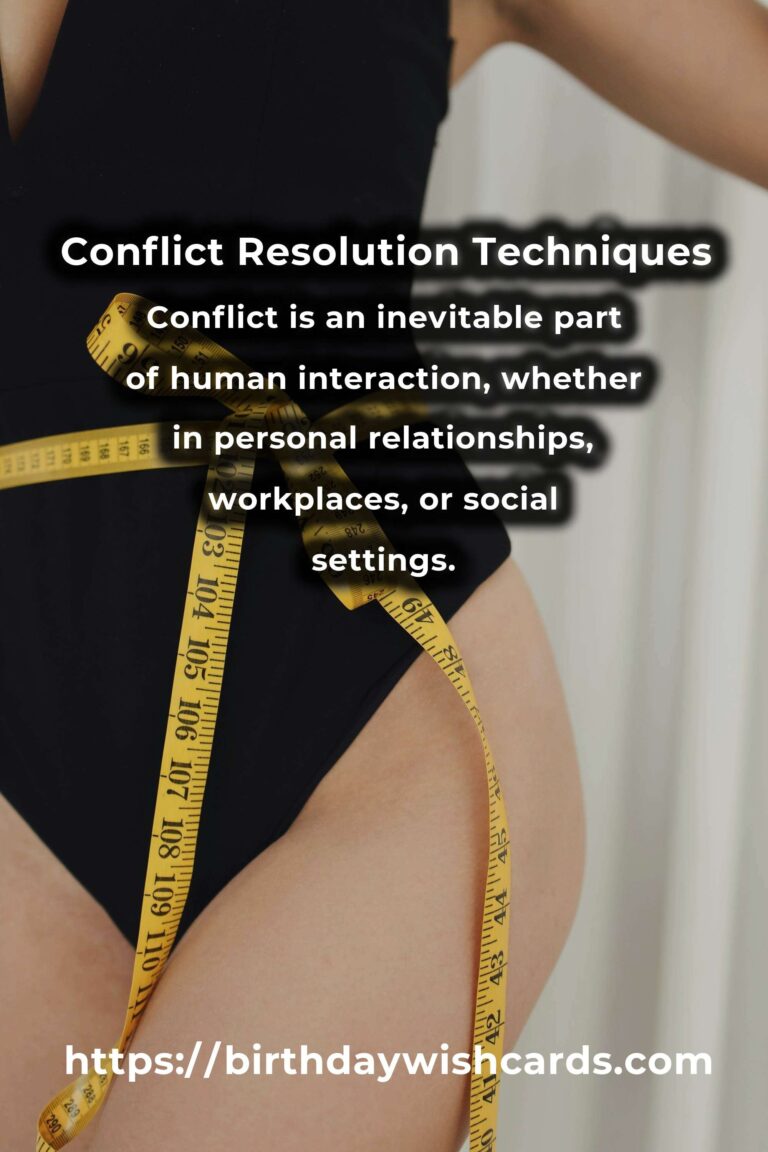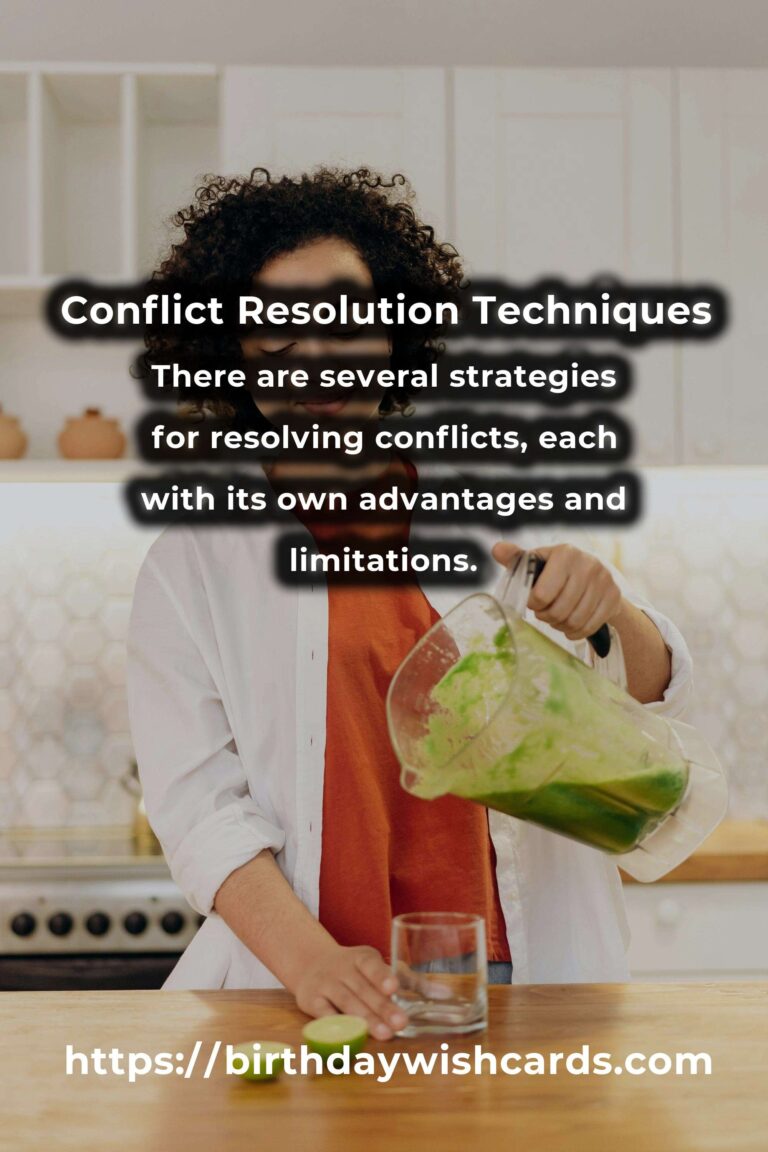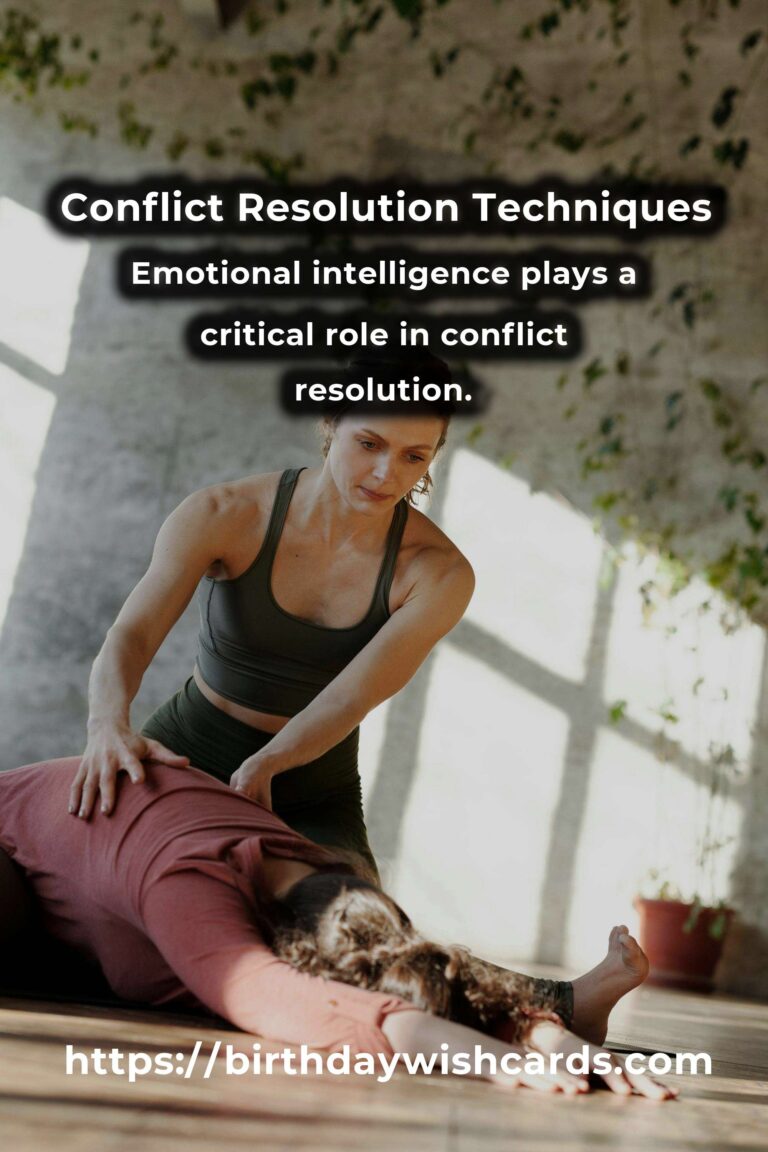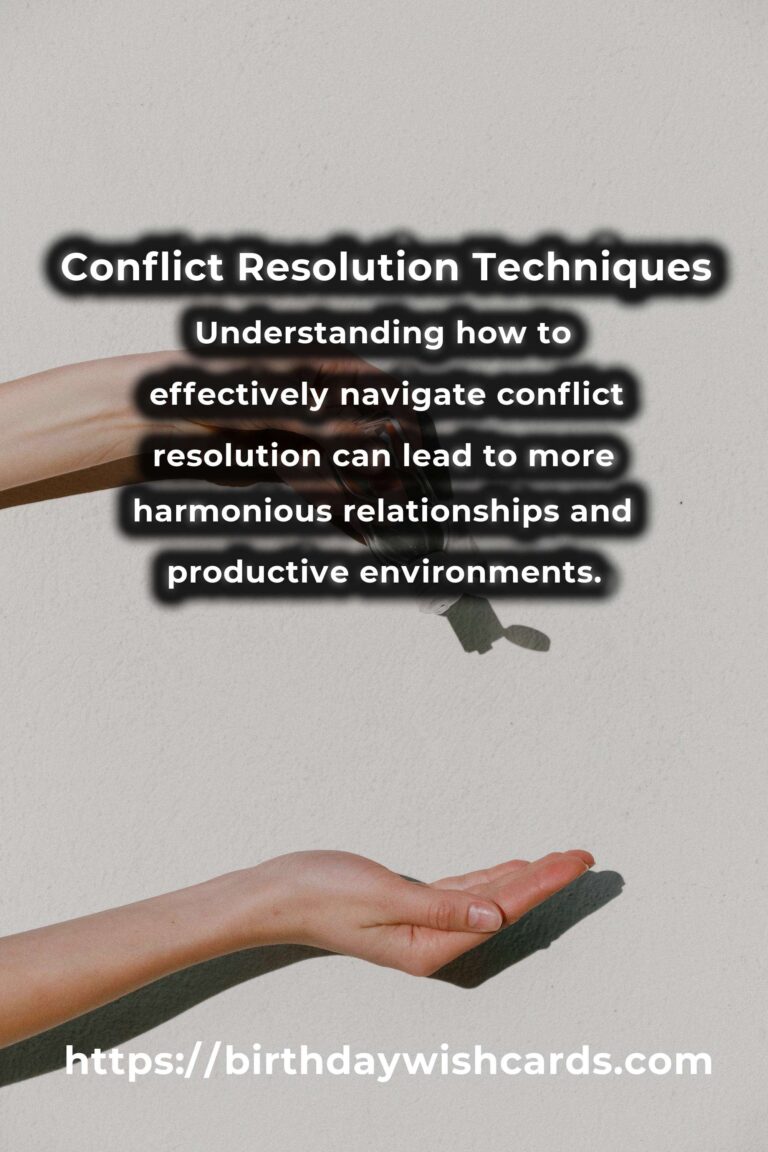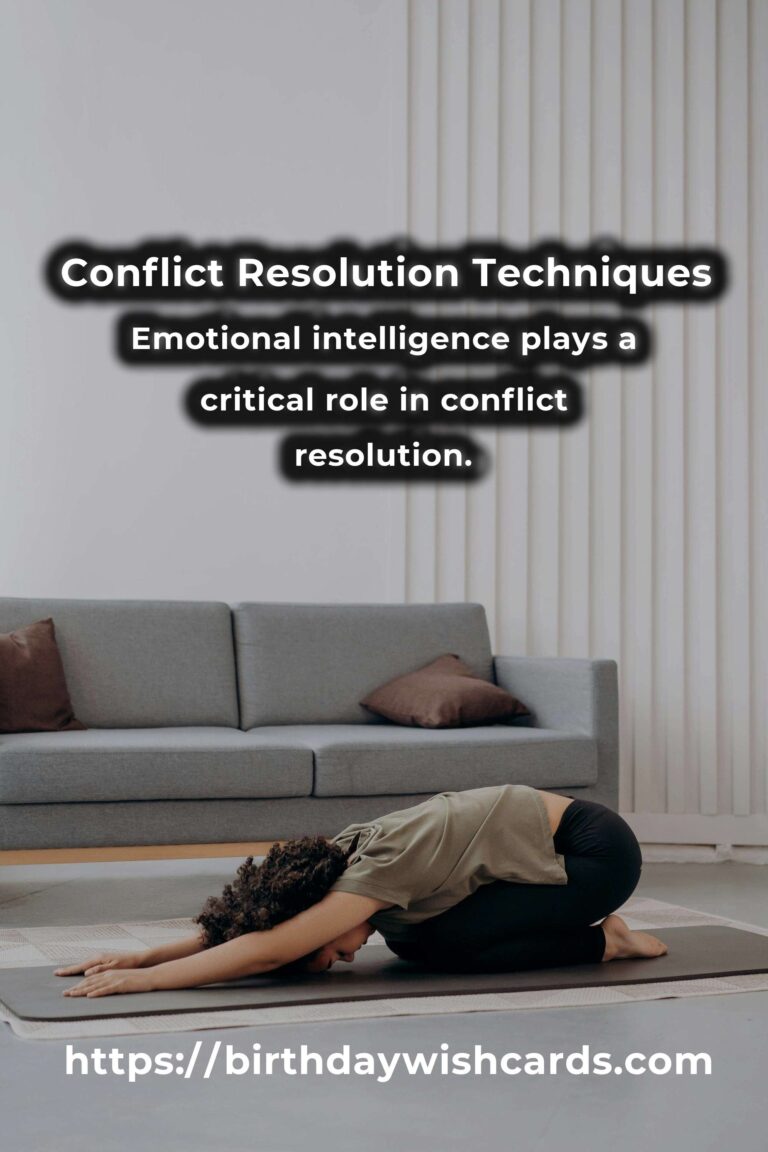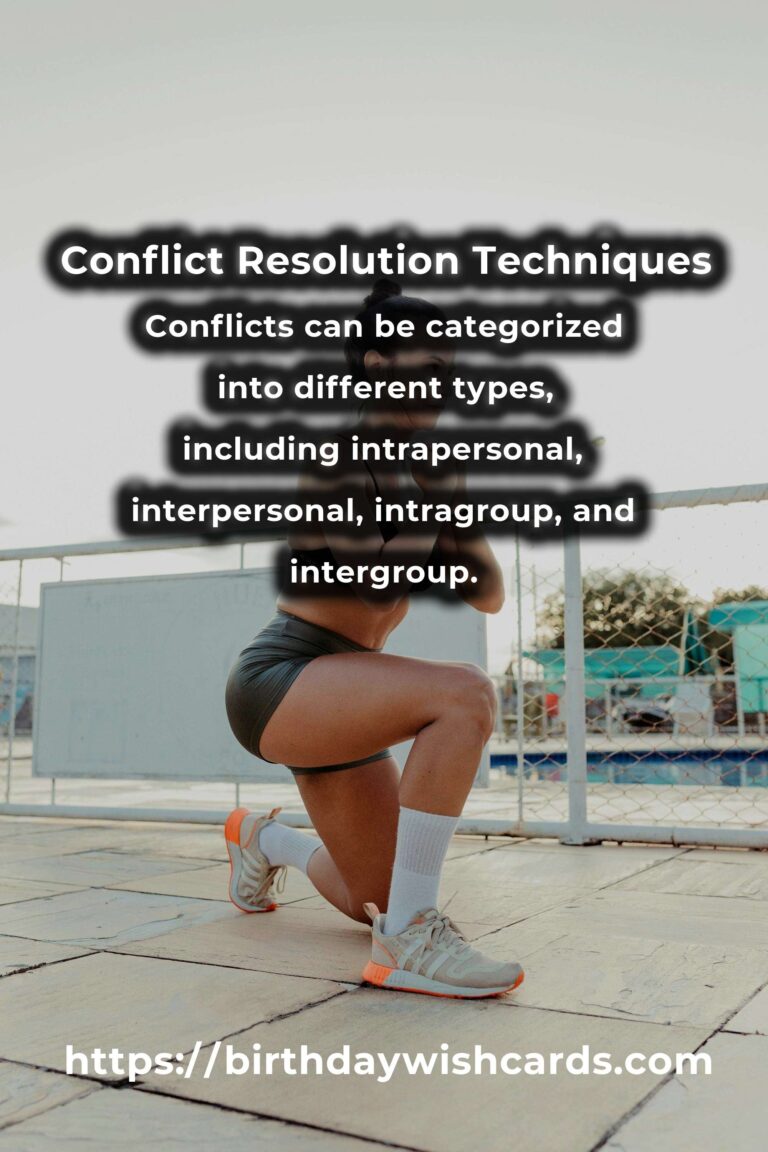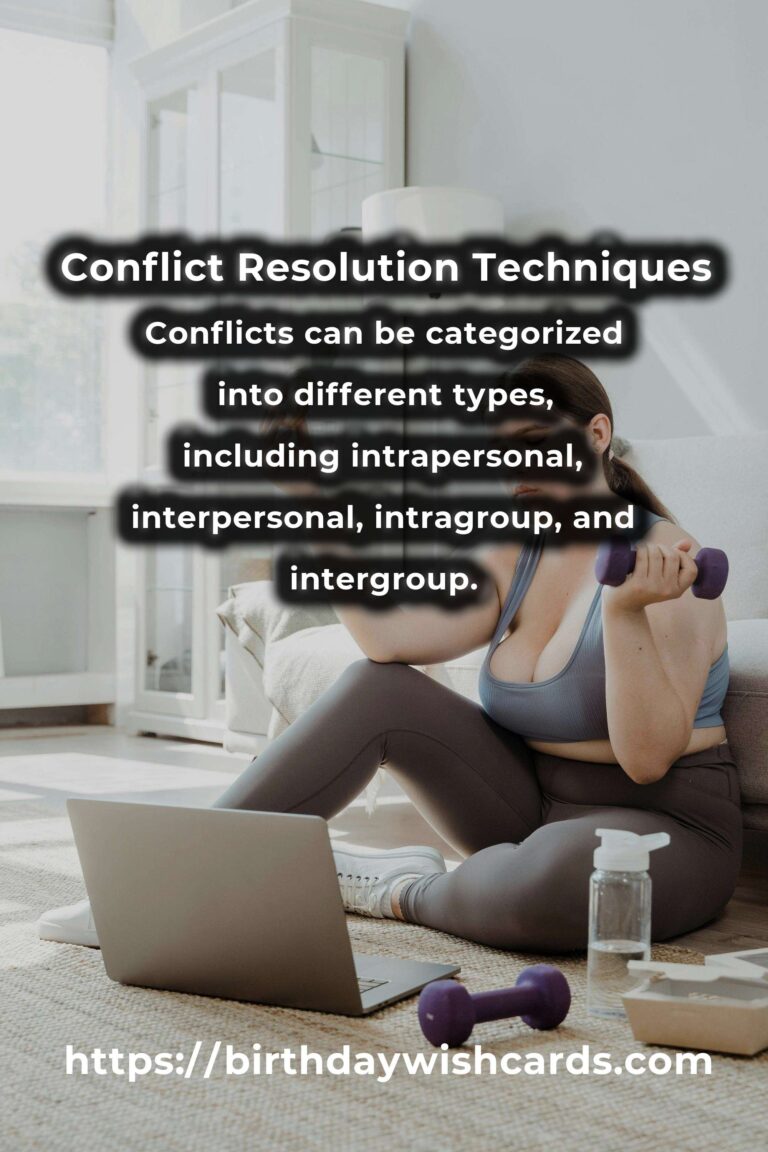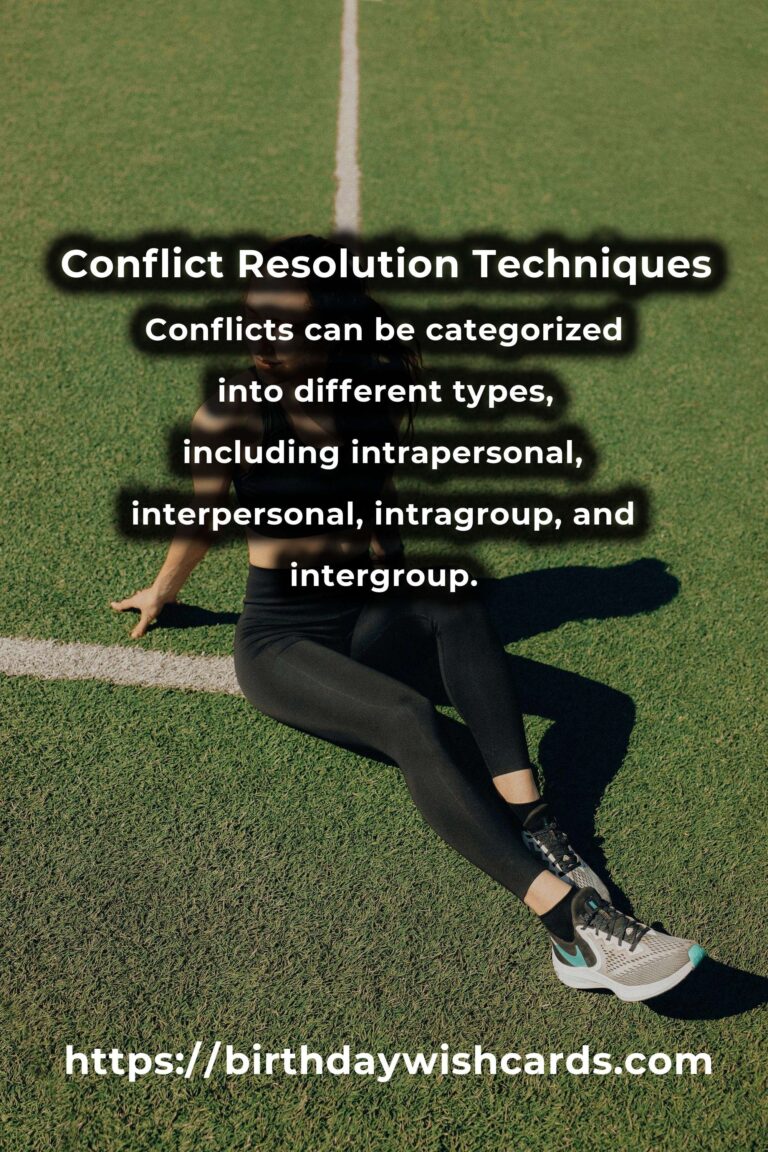
Conflict is an inevitable part of human interaction, whether in personal relationships, workplaces, or social settings. Understanding how to effectively navigate conflict resolution can lead to more harmonious relationships and productive environments. This guide explores various methods of conflict resolution, offering insights into how to manage disagreements constructively.
Understanding Conflict
Before diving into resolution strategies, it’s important to understand what conflict is. Conflict arises when there is a perceived incompatibility of actions, goals, or ideas. It can stem from misunderstandings, differences in opinions, or competition for resources and can occur at any level, from personal to global.
Types of Conflict
Conflicts can be categorized into different types, including:
- Intrapersonal Conflict: This occurs within an individual, often involving internal struggle or dilemmas.
- Interpersonal Conflict: Disputes between two or more individuals, often due to personal disagreements or misunderstandings.
- Intragroup Conflict: Occurs within a group or team, often due to differing goals or roles.
- Intergroup Conflict: Disputes between different groups or teams, frequently arising from competition or resource allocation.
Conflict Resolution Strategies
There are several strategies for resolving conflicts, each with its own advantages and limitations. Choosing the appropriate method depends on the context and the individuals involved.
1. Avoidance
Sometimes, avoiding a conflict is the best approach, especially if the issue is trivial or if emotions are running high. However, long-term avoidance can lead to unresolved issues that may worsen over time.
2. Accommodation
Accommodation involves one party yielding to the other’s demands. This can be effective when the issue is more important to one party than the other, but can lead to resentment if used excessively.
3. Compromise
Compromise involves finding a middle ground where both parties give up something to reach a mutually acceptable solution. This method is useful when there is a need for a quick resolution.
4. Collaboration
Collaboration involves working together to find a win-win solution that satisfies both parties. This method takes time and effort but often results in the most satisfying outcomes.
5. Competition
Competition involves one party pursuing their own interests at the expense of the other. This can be effective in situations where a quick decision is needed, but it can damage relationships.
Effective Communication Skills
Effective communication is key to resolving conflicts. This includes active listening, expressing thoughts clearly, and maintaining a respectful tone. Active listening involves giving full attention to the speaker, acknowledging their points, and responding thoughtfully.
Emotional Intelligence in Conflict Resolution
Emotional intelligence plays a critical role in conflict resolution. Being aware of one’s own emotions and understanding others’ feelings can help in managing conflicts more effectively. It involves empathy, self-regulation, and social skills.
Conclusion
Conflict resolution is a vital skill in both personal and professional contexts. By understanding different types of conflict and employing appropriate resolution strategies, individuals can navigate disagreements more effectively. Practicing effective communication and enhancing emotional intelligence can further aid in resolving conflicts peacefully.
Conflict is an inevitable part of human interaction, whether in personal relationships, workplaces, or social settings. Understanding how to effectively navigate conflict resolution can lead to more harmonious relationships and productive environments. Conflicts can be categorized into different types, including intrapersonal, interpersonal, intragroup, and intergroup. There are several strategies for resolving conflicts, each with its own advantages and limitations. Effective communication is key to resolving conflicts. Emotional intelligence plays a critical role in conflict resolution.
#ConflictResolution #CommunicationSkills #EmotionalIntelligence #InterpersonalSkills #ProblemSolving



